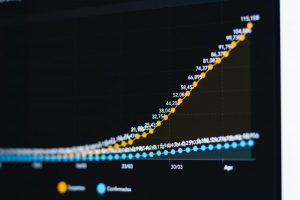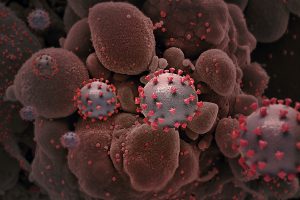Search
The street lights prevent us from gazing at their wonders and phenomena of the night sky.
The new coronavirus strain identified in the United Kingdom presents different mutations. Alma Bracho, FISABIO researcher, explains.
Answered by Anabel Forte, professor of Statistics and Operations Research at the University of Valencia, explains why it is so difficult to make reliable predictions about the pandemic.
Our intelligence may be the only recourse against emerging infectious diseases like SARS-CoV-2.
The virus has spread again in the different populations because we have lowered our protective measures, when we should have maintained them for a much longer period.
On 9 November, Pfizer announced in a press release that their COVID-19 vaccine candidate shows 90 % efficacy. We analyse the situation with the voice of several experts.
Although humans' irresponsible and indiscriminate use of the natural environment could be one of the causes behind the recent coronavirus crisis, bats have been targeted for their role as natural reservoirs of zoonotic pathogens.
Embracing an evolutionary perspective thus helps to explain why men and women react differently to certain infectious diseases and to understand (and combat) the strategies of viruses in their relentless evolutionary race to infect and spread among us.
Despite all the achievements in such a short period of time, we must stress that obtaining a drug capable of inhibiting any of the proteases in SARS-CoV-2, or any other pathogenic agent, is a long and complex process that requires the participation of different branches of science.
The latest issue of Mètode addresses the subject of standards in science, with a special focus on synthetic biology.










